Optimal Seasons for Land Clearing in Spokane
Land clearing is a critical step in preparing property for development, agriculture, or landscaping projects. Timing affects the efficiency, safety, and cost of land clearing activities. Understanding seasonal and weather patterns in Spokane, Washington, can help determine optimal periods for undertaking land clearing projects.
Spring offers moderate weather and longer daylight hours, making it suitable for land clearing before the summer growth begins. However, wet soil conditions can hinder equipment movement.
Summer provides drier soil conditions, facilitating easier excavation and removal. Care must be taken to avoid extreme heat and drought conditions that can impact equipment operation.
Fall is ideal for land clearing due to cooler temperatures and less rainfall, reducing soil compaction issues. It also allows time for site stabilization before winter.
Winter is generally less suitable due to frozen ground, snow cover, and adverse weather conditions that can delay work and increase costs.
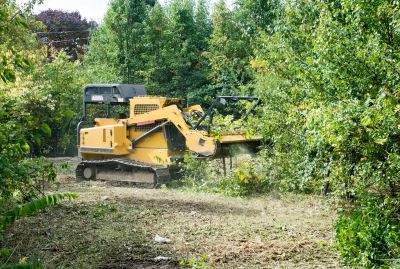
Equipment working in moist soil conditions
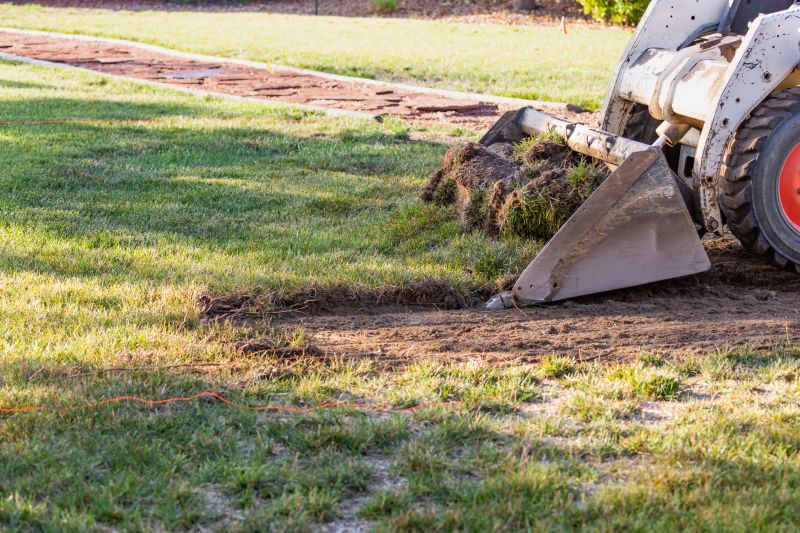
Dry soil and active machinery
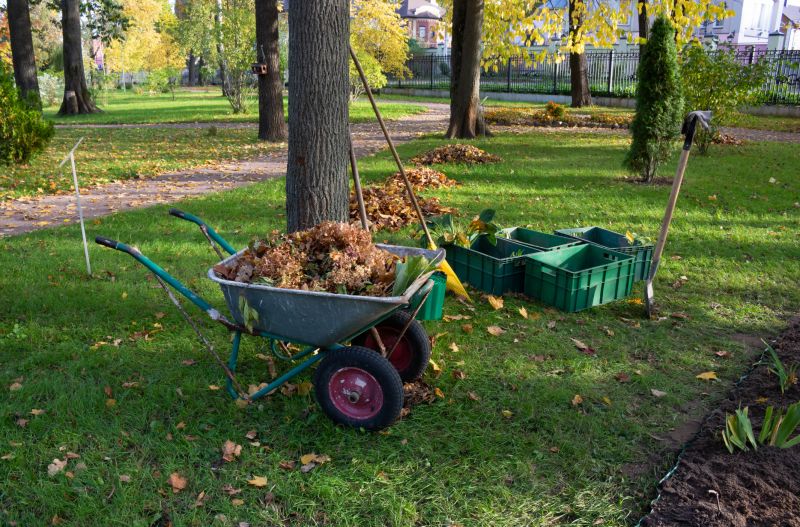
Cool weather and leaf fall
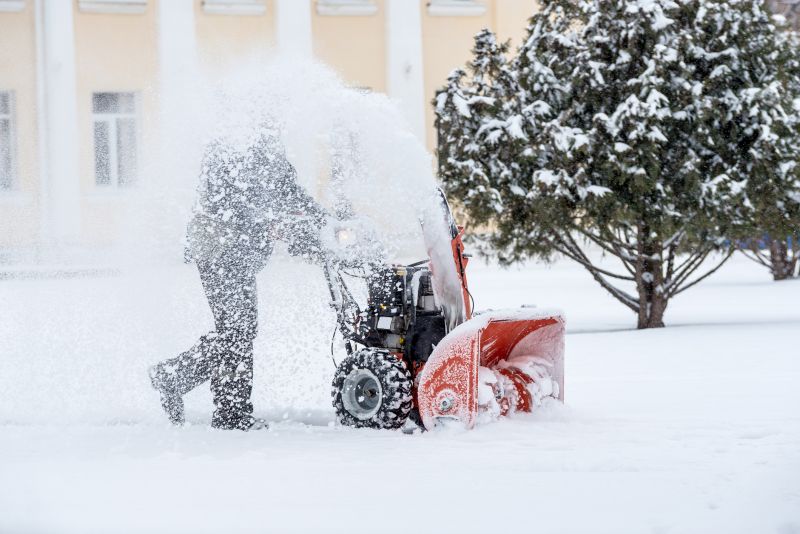
Frozen ground and snow cover
| Season | Advantages |
|---|---|
| Spring | Moderate weather, longer days, but wet soil |
| Summer | Dry soil, ideal for heavy equipment |
| Fall | Cool temperatures, less rain, good for site stabilization |
| Winter | Frozen ground, limited accessibility |
Land clearing involves removing trees, brush, rocks, and other obstacles to prepare a site for construction, farming, or development. Proper timing ensures the process is efficient and cost-effective. Seasonal considerations include soil moisture levels, weather conditions, and vegetation growth cycles. In Spokane, the most suitable periods are typically late spring through early fall, when weather conditions are most favorable.
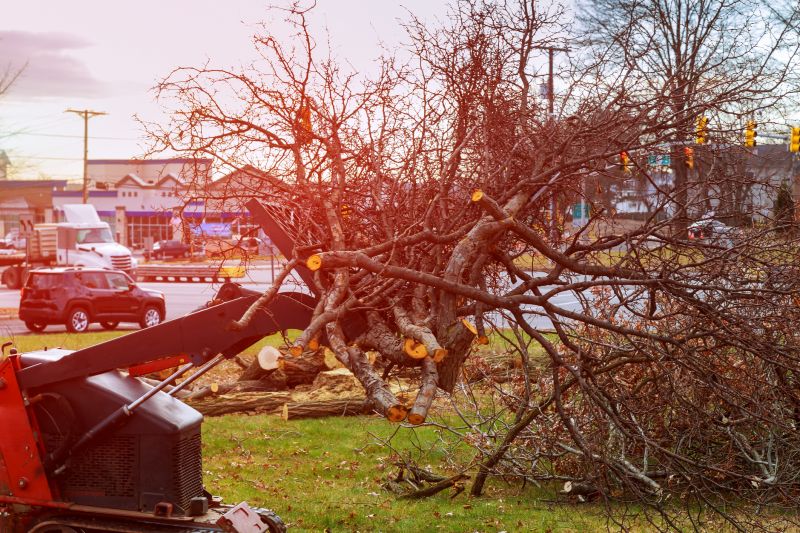
Heavy machinery working on site
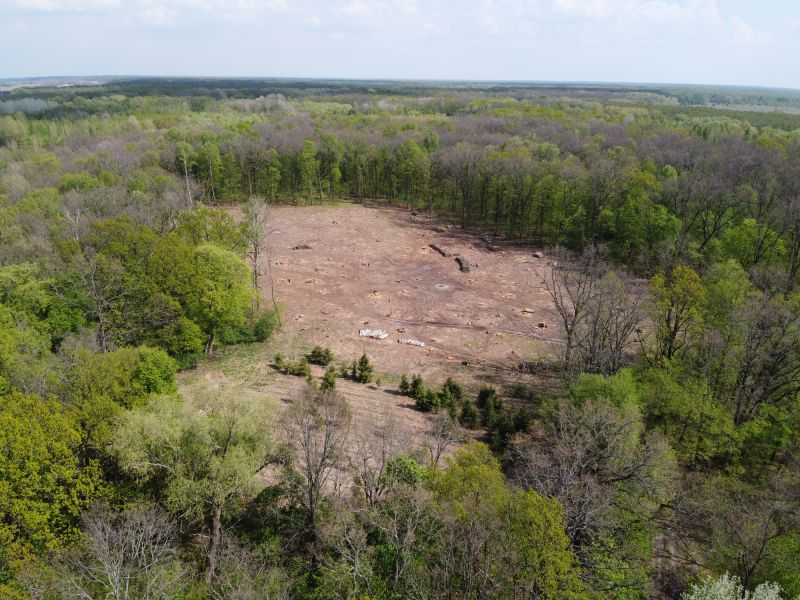
Vegetation removal process
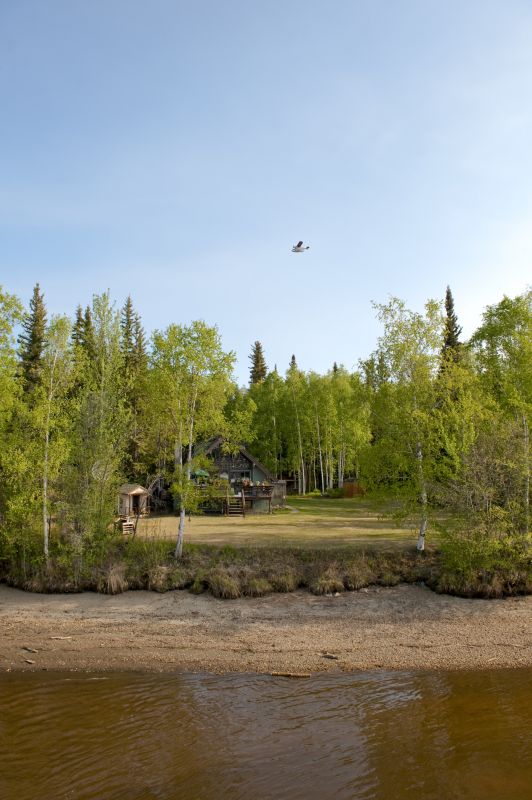
Cleared land ready for development
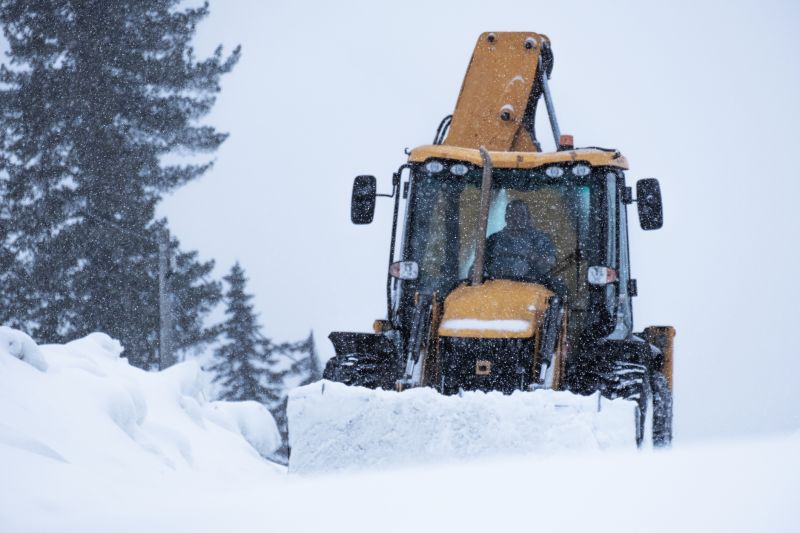
Frozen ground and snow obstacles
Choosing the right time for land clearing can minimize environmental impact, reduce costs, and ensure safety. It is advisable to assess local weather patterns and soil conditions before scheduling activities. Proper planning aligns land clearing efforts with seasonal advantages, leading to a smoother project execution.
Soil moisture and compaction influence workability and timing.
Timing impacts the removal of invasive species and native plants.
Scheduling during optimal seasons reduces delays and costs.
Avoiding rainy or freezing periods enhances safety and efficiency.
For land clearing projects in Spokane, timing is essential to optimize results and reduce complications. Consulting with local experts can provide insights into seasonal patterns and help plan the most suitable window for land preparation activities. Interested parties are encouraged to contact for further guidance and scheduling assistance.

